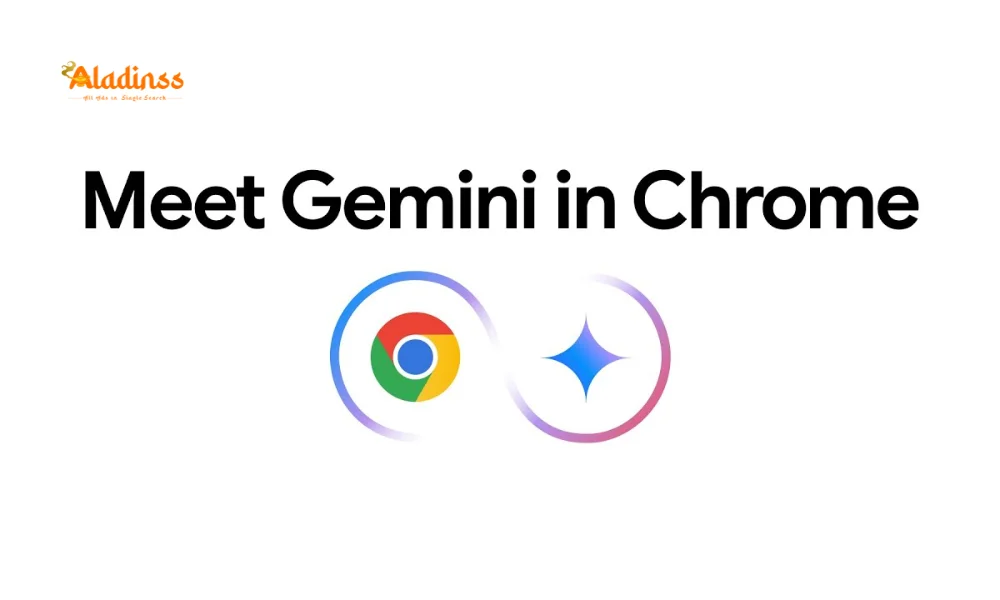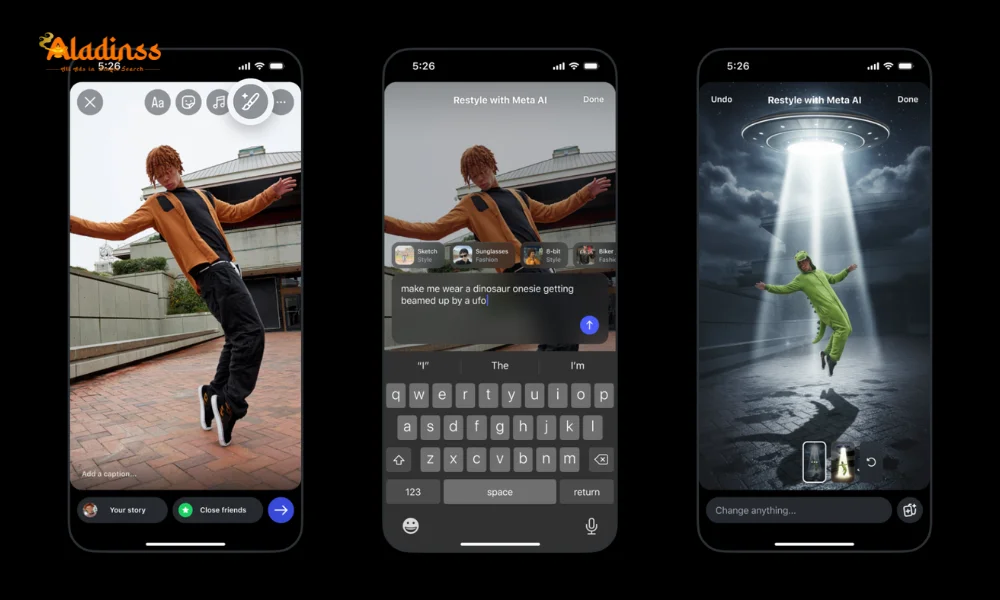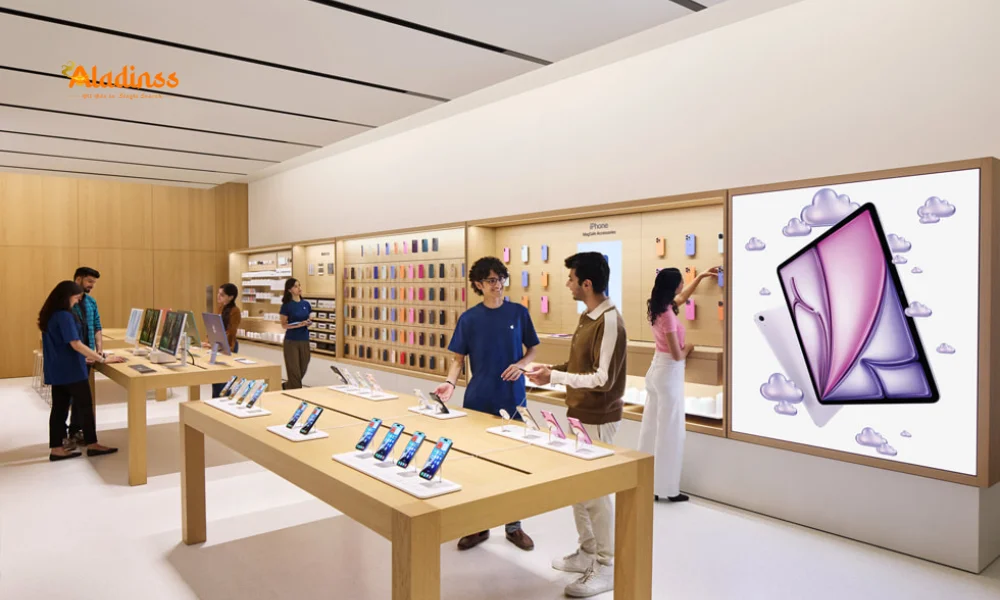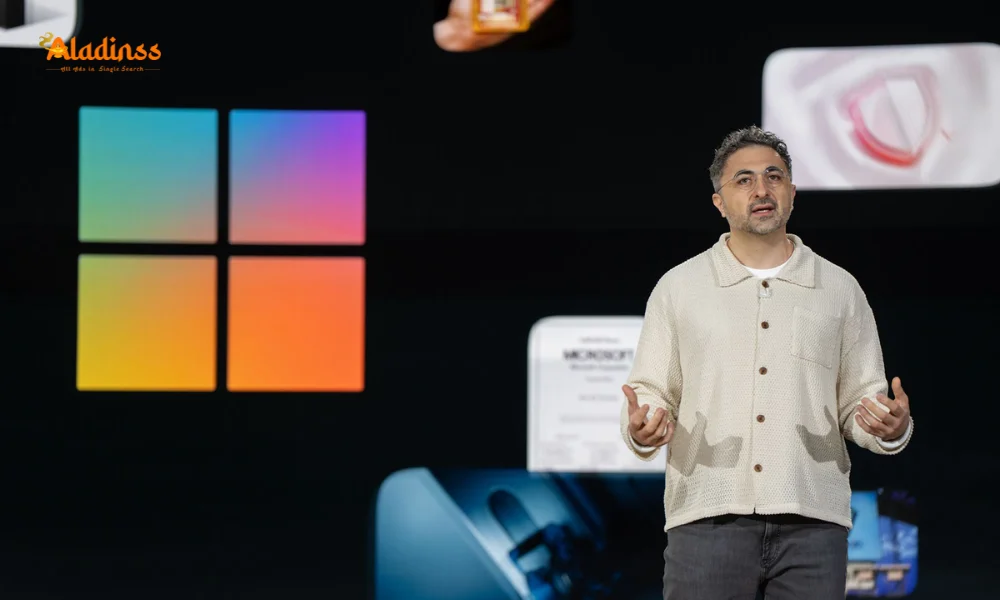Google Rolls Out Gemini in Chrome: AI Agentic Capabilities and Safety Features Now Live

Google Rolls Out Gemini in Chrome: AI Agentic Capabilities and Safety Features Now Live
Google has kicked off the rollout of Gemini in Chrome for users in select regions, ushering in a new era of artificial intelligence integration within the world's most popular browser. Announced on Thursday, September 19, 2025, this update brings agentic AI capabilities, enhanced productivity tools, and robust safety features to macOS and Windows users in the US with English language settings. Mobile users in the country are also gaining access, promising a more seamless and intelligent browsing experience. As Google Trends lights up with searches for "Gemini in Chrome update" and #GeminiChrome trends on X, this latest development positions Chrome as a powerhouse for AI-driven tasks, from summarizing tabs to booking appointments—all without leaving your current page.
Previously limited to Google AI Pro and Ultra subscribers, Gemini in Chrome is now expanding to a broader audience, democratizing advanced AI tools. By embedding Gemini directly into the browser, Google aims to transform passive browsing into an interactive, proactive session, where AI anticipates needs and handles routine tasks. This rollout aligns with the company's broader push to infuse AI across its ecosystem, competing head-on with rivals like Microsoft's Copilot in Edge. For users, it means smarter searches, effortless information synthesis, and fortified protections against online threats, all powered by on-device processing for privacy.
Gemini in Chrome: New AI Features Enhancing Browsing

In a detailed blog post, Mike Torres, Vice President of Product for Chrome, revealed that Gemini in Chrome is now accessible to all eligible US users on Windows and macOS with English settings. Activation is straightforward: simply click the Gemini logo in the top right corner of the browser window to summon the AI assistant. Once engaged, Gemini can compare and summarize information across multiple tabs, saving users from the tedium of manual cross-referencing. This feature is a boon for researchers, students, and professionals juggling dozens of open pages, condensing key insights into concise overviews.
A standout addition is the AI-enabled recall feature, which intelligently scans web history to retrieve specific details from past visits—no endless scrolling required. Need that recipe from last week's food blog or a stat from a news article? Gemini pulls it up instantly, complete with context and links. This capability leverages Google's vast data resources while respecting user privacy through on-device processing where possible. Early testers on X have raved about its accuracy, with posts under #ChromeAI praising how it "feels like having a personal researcher built-in."
Gemini's reach extends beyond the browser, seamlessly fetching data from Google apps like Calendar, YouTube, and Maps. Imagine planning a trip: Gemini aggregates flight times from Calendar, video reviews from YouTube, and directions from Maps—all summarized in one pane, without tab-hopping. This interconnectedness transforms Chrome into a central hub, streamlining workflows for busy users. The integration with the Omnibox—the browser's address bar—introduces AI Mode, where typing a query triggers intelligent suggestions, blending search and navigation into a fluid experience.
Users can now query the current webpage directly from the Omnibox, receiving AI Overview responses overlaid on the page. Follow-up questions build on initial answers, creating conversational threads that deepen understanding. Currently US-English only, Google plans phased rollouts to other regions and languages, potentially by year-end. This expansion could make Chrome an indispensable tool for global audiences, especially in multilingual markets like India and Europe.
Agentic Capabilities: Handing Tasks to AI in Chrome
Looking ahead, Google is set to introduce agentic capabilities to Gemini in Chrome over the coming months, empowering users to delegate complex tasks directly to the browser. Picture this: instruct Gemini to book a haircut appointment, and it coordinates with your Calendar, searches availability via integrated services, and confirms via email—all autonomously. Or, for grocery orders, it scans your shopping list, compares prices across apps, and places the order with one command. These "agentic" functions represent a leap from reactive AI to proactive assistants, handling multi-step processes with minimal input.
This evolution draws from Google's Project Astra, where AI agents learn user preferences over time, refining actions for efficiency. For instance, if you frequently order coffee on Fridays, Gemini could preemptively suggest and execute the purchase. Privacy safeguards ensure sensitive tasks require explicit consent, with on-device processing for routine queries. X users are already speculating on enterprise applications, like automating report generation from scattered data sources, under #AgenticAI.
The rollout will begin with beta testing for select users, expanding based on feedback. This positions Chrome as a versatile productivity suite, rivaling dedicated apps like Notion or Zapier. For developers, an API preview could enable custom agents, fostering an ecosystem of third-party integrations. As agentic AI matures, expect Chrome to evolve into a "do-it-for-you" browser, redefining digital workflows.
Safety Enhancements: Protecting Users with Gemini

Security remains paramount in this AI infusion, with Google expanding Enhanced Protection mode powered by Gemini Nano. This on-device model detects and blocks malicious sites peddling fake viruses or giveaways, analyzing content in real-time without cloud dependency. Users benefit from proactive shields, reducing phishing risks by up to 40% based on internal tests. The feature's lightweight footprint ensures it runs smoothly on mid-range hardware, making safe browsing accessible to all.
Permission requests will soon appear less intrusively, with Gemini analyzing site quality and user history to prioritize essentials. For example, a trusted news site might auto-grant cookie access, while suspicious domains prompt detailed reviews. In the near term, Gemini will serve as a password agent, enabling one-click changes on platforms like Coursera, Spotify, Duolingo, and H&M. This streamlines credential management, combating credential stuffing attacks through AI-monitored patterns.
These safeguards align with Google's Responsible AI principles, incorporating bias audits and transparency reports. For enterprises, admin controls allow policy enforcement, ensuring compliance in regulated sectors. X conversations under #ChromeSafety highlight user relief from pop-up fatigue, positioning Gemini as a vigilant guardian in an increasingly threat-laden web.
Global Rollout and User Impact
The initial US focus allows Google to iron out kinks before wider deployment, with plans for other regions and languages in weeks. Multilingual support could include Hindi, Spanish, and Mandarin, expanding to 100+ languages by 2026. Mobile integration via Chrome for Android/iOS brings these features to on-the-go users, syncing seamlessly across devices.
For everyday users, Gemini elevates browsing from informational to interactive, saving hours on research and organization. Professionals gain from AI-summarized reports, while students benefit from quick fact-checks. The agentic future promises even greater autonomy, potentially integrating with Workspace for end-to-end task automation. As adoption grows, expect Chrome's market share to swell, reinforcing Google's browser dominance.
Competitive Landscape and Future Innovations
This update catapults Chrome into the AI browser arms race, challenging Microsoft's Edge with Copilot and Apple's Safari with Apple Intelligence. Gemini's edge lies in its vast training data and multimodal capabilities, processing text, images, and voice cohesively. Future iterations may include gesture controls or AR overlays, blurring lines between browser and metaverse.
Privacy remains a differentiator, with end-to-end encryption for AI interactions. As regulations like GDPR evolve, Google's transparent data practices could win trust. X analysts predict a 25% productivity boost for users, with enterprise adoption driving revenue through premium tiers. Gemini in Chrome isn't just an update—it's a glimpse of browsing's intelligent future.
Comment / Reply From
No comments yet. Be the first to comment!







